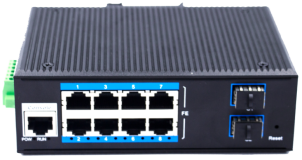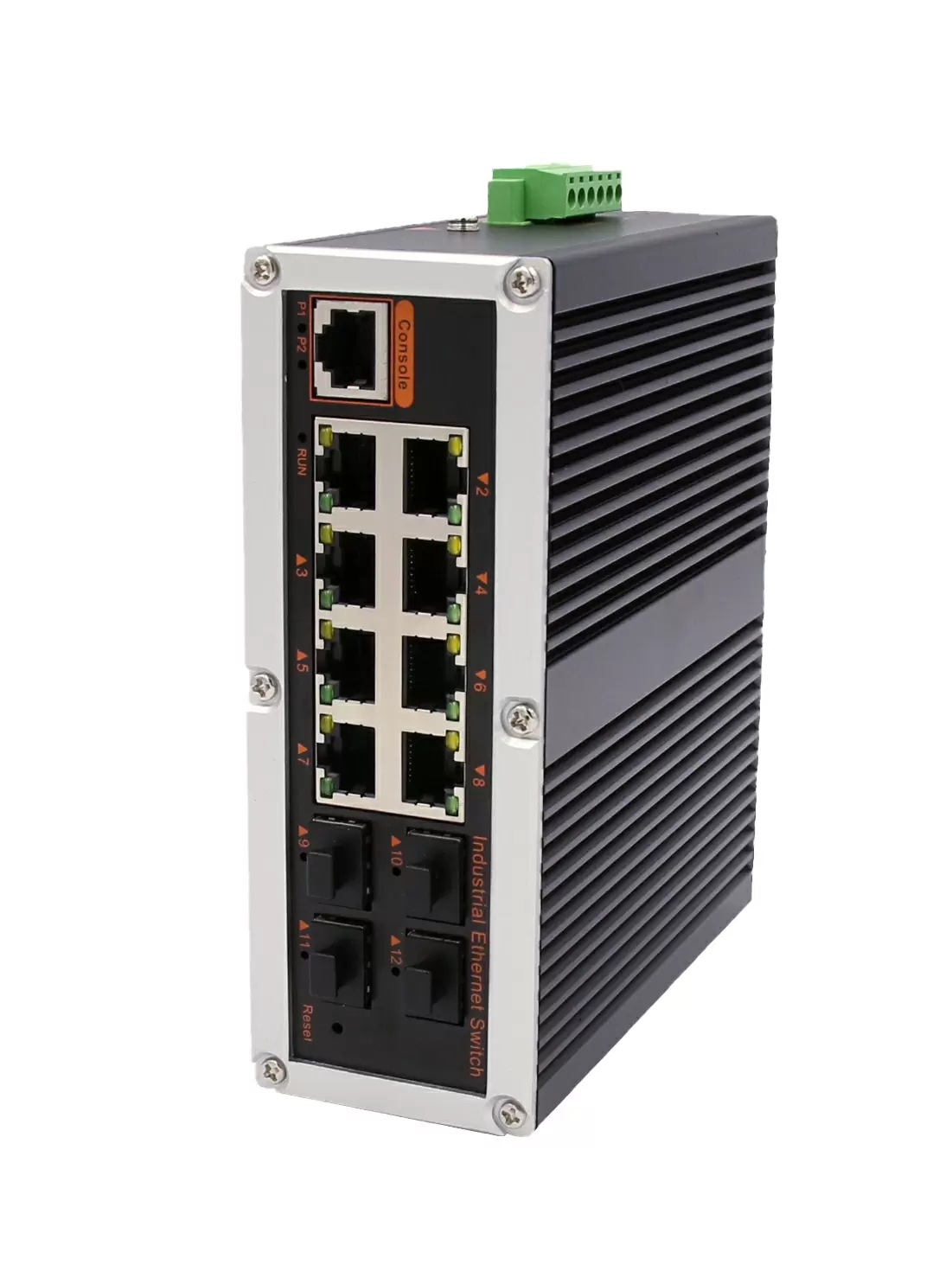.

Industrial switches, also known as network switches, are an essential component of modern industrial networks. They are used to connect various devices, such as sensors, controllers, and computers, to form a reliable and secure communication network. While industrial switches are critical for efficient operation of many industries, they are often more expensive than standard Ethernet switches. In this article, we will explore some of the reasons why industrial switches are so expensive.
1. High Quality Components:
Industrial switches are designed to operate in harsh environments, which means that they must use high-quality components that can withstand temperature extremes, humidity, and harsh conditions, such as vibration or electromagnetic interference. The components used in industrial switches must be designed to work reliably over long periods without failure. As a result, manufacturers use more durable components, such as industrial-grade chips, specialized connectors, high-strength materials, and ruggedized enclosures, which all contribute to higher costs.
2. Advanced Features:
Industrial switches often come with advanced features, such as Layer 3 routing, port redundancy, or VLAN tagging, that are not typically found in consumer-grade Ethernet switches. These features help ensure network stability and security, but they require additional hardware and software, which increases the cost of production. In addition, industrial switches must meet industry-specific certifications for quality, reliability, and safety. Meeting these certifications requires additional testing and documentation that further increases the cost of production.
3. Smaller Market:
The market for industrial switches is comparatively smaller than the market for consumer-grade Ethernet switches. This means that manufacturers have to spread their development and production costs over a smaller number of units, resulting in higher per-unit costs. Additionally, industrial switches are often sold through specialized distributors and system integrators, which adds another layer of cost to the final price.
4. Support and Maintenance:
Industrial switches often require specialized support and maintenance services that further increase the cost of ownership. These services include technical support, firmware updates, troubleshooting, and repair services. Manufacturers must train and employ specialized support personnel, maintain adequate spare parts inventory, and develop customized firmware updates for their switches, all of which contribute to higher cost.
In conclusion, industrial switches are essential components of modern industrial networks, but their higher cost is due to their unique design, rigorous testing, advanced features, smaller market, and specialized support. Although they may seem expensive compared to other types of Ethernet switches, the investment in reliable, secure, and robust industrial networks is critical for industries that rely on automation, such as manufacturing, energy, and transportation.



